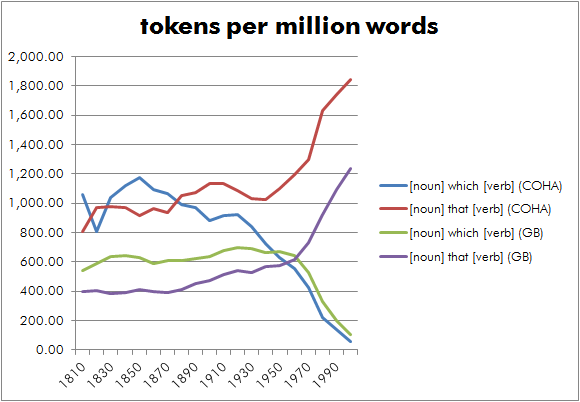Clyde Haberman, "Is This the End of Proper Grammar? Hopefully Not", NYT, 4/19/2012.
Unsurprisingly, The Associated Press won a Pulitzer Prize for investigative reporting early this week, for articles about the New York Police Department’s surveillance of Muslim neighborhoods and organizations in the wake of 9/11. Also unsurprising was fresh controversy that the award stirred, given the sensitive subject.
Curiously, that clamor proved to be but a warmup for more hullabaloo over the A.P., on an issue that is dearer to some people’s hearts than police spying. This is about language. Language, of course, is the soul of a culture.
He's talking about the AP Style Guide's decision to allow the use of hopefully as an evaluative adverb, announced on Twitter at 6:22 a.m. on 17 April 2012:
Hopefully, you will appreciate this style update, announced at #aces2012. We now support the modern usage of hopefully: it's hoped, we hope.
I didn't notice, frankly; the "hullabaloo" was a muted one, compared to (say) the Ruckus in the Rada. The Boston Globe copy desk sniffed "Hopefully, we'll see it rarely". Andrew Beaujon at poynter.org sighed "Hopefully, this is the last we’ll write about ‘hopefully’", and pointed out that
Cleverly, Clyde Haberman uses a sentence adverb to begin every paragraph of his story about the change, demonstrating that the prohibition was bunk in the first place, even if pouncing on such “errors” kept many fine copy editors employed (and, by extension, manufacturers of cardigans in business).
Read the rest of this entry »
